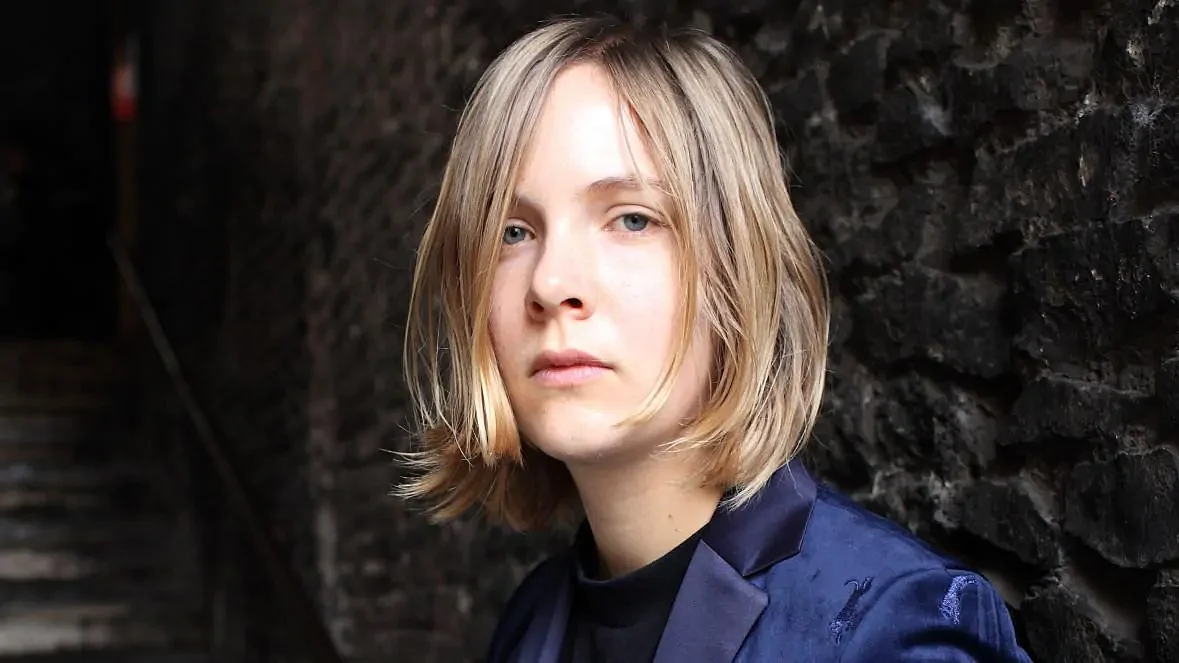
Dutch Author First Non-Binary Person to Win Intl Booker Prize
Rijneveld, whose preferred pronouns are they/them, will share the award with translator Michele Hutchison.

advertisement
The 29-year-old Dutch author Marieke Lucas Rijneveld on Wednesday, 26 August, became the youngest-ever and first non-binary author to win the International Booker prize for their debut novel ‘The Discomfort of Evening’.
Rijneveld, whose preferred pronouns are they/them, will share the award with translator Michele Hutchison.
A bestseller in the Netherlands, their book follows Jas, a girl in a devout Christian farming family, whose brother dies in an accident after she wishes that he dies instead of her pet rabbit. The novel follows how her family copes with the loss. The book was first published in 2018.
WHO IS A NON-BINARY PERSON?
Non-binary people are those whose gender identity does not fit the male and female binary spectrum. People who identify as non-binary don’t see themselves in defined categories of "man" or "woman," or “male” or “female.”
For example, they can identify themselves to be both masculine and feminine, or identify themselves between the two, have a neutral gender, have multiple gender identities, have a gender identity that varies over time, identify themselves as transgender, etc.
Rijneveld describes themself as someone who is “in between”.
“As a small child I felt I was a boy, I dressed like a boy and behaved like a boy, but children at that age are still neutral in their gender. In adolescence, when the separation became clear, I dressed like a girl and became a girl, then at 20 I went back to the boy I was at primary school. It’s difficult for my parents to understand that I’m not the girl that they raised. It’s not in the Bible,” they told the Guardian.
HOW TO ADDRESS A NON-BINARY PERSON?
To put it simply, address them with the pronoun of their choice. If you know someone identifies themselves as a non-binary person, ask them how they would like to be addressed.
However, a majority of people commonly use They/Them pronouns, but since pronouns do not always correspond to gender, they may use any pronoun.
For example, a non-binary person who identifies as feminine at that point in time may choose to use she/her. Some may also be comfortable using all pronouns.
RIJNEVELD ON WINNING THE AWARD
Receiving the prize, Rijneveld said: “I can only say that I am as proud as a cow with seven udders” and called it “a great honour”.
“Today, when the world has been turned upside down and is showing its dark side, I often remember those words. So, write, read, win, lose, love each other, but be relentless in this,” they added.
(At The Quint, we question everything. Play an active role in shaping our journalism by becoming a member today.)
- Access to all paywalled content on site
- Ad-free experience across The Quint
- Early previews of our Special Projects
Published: undefined